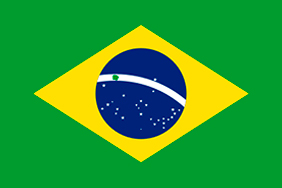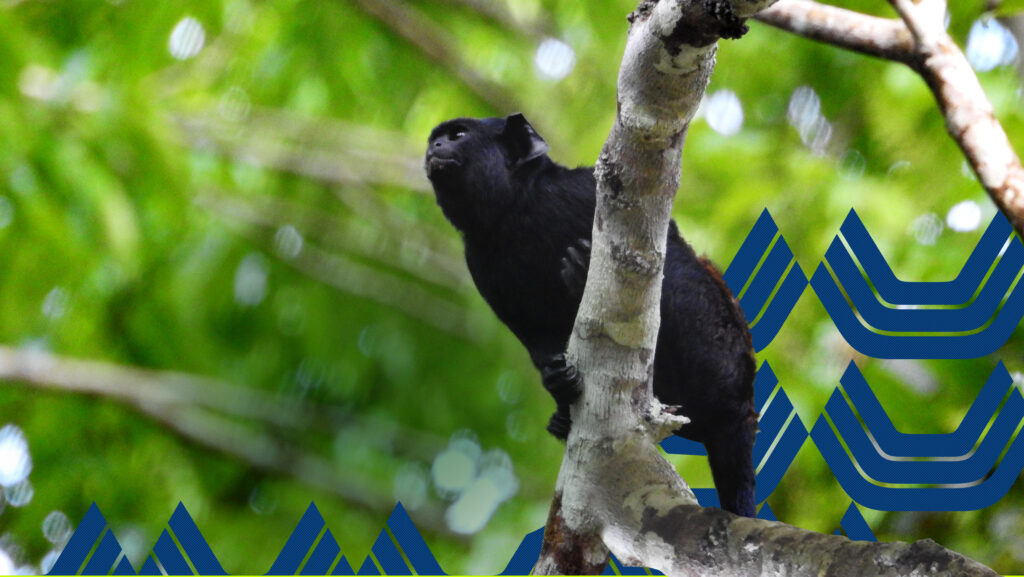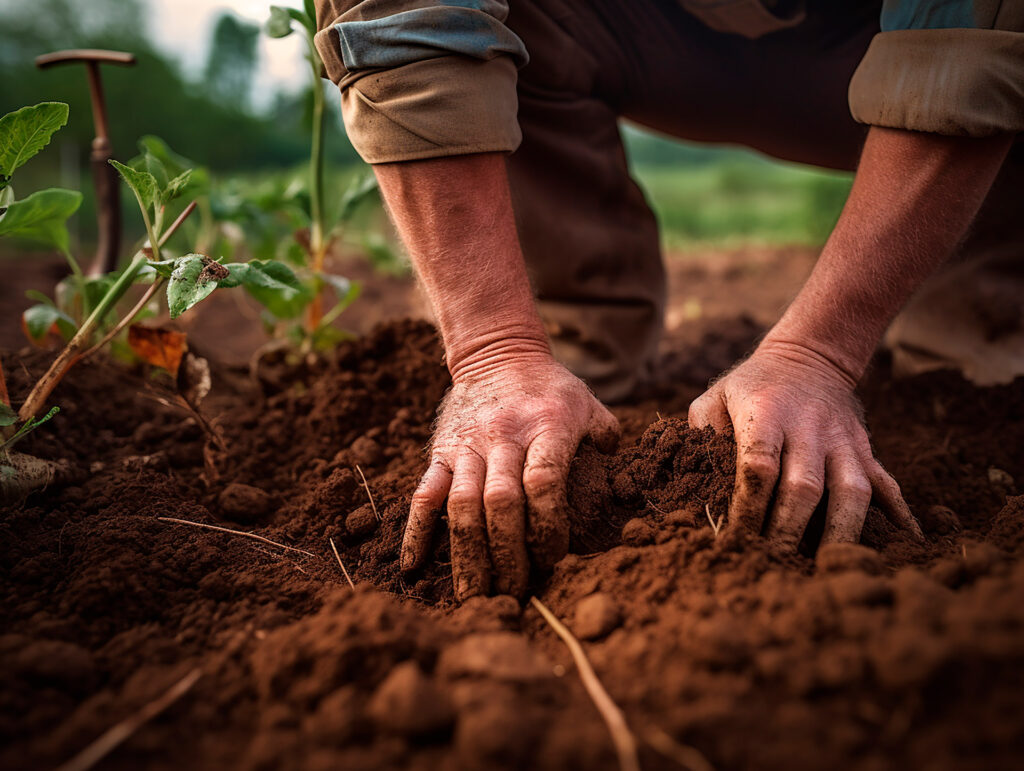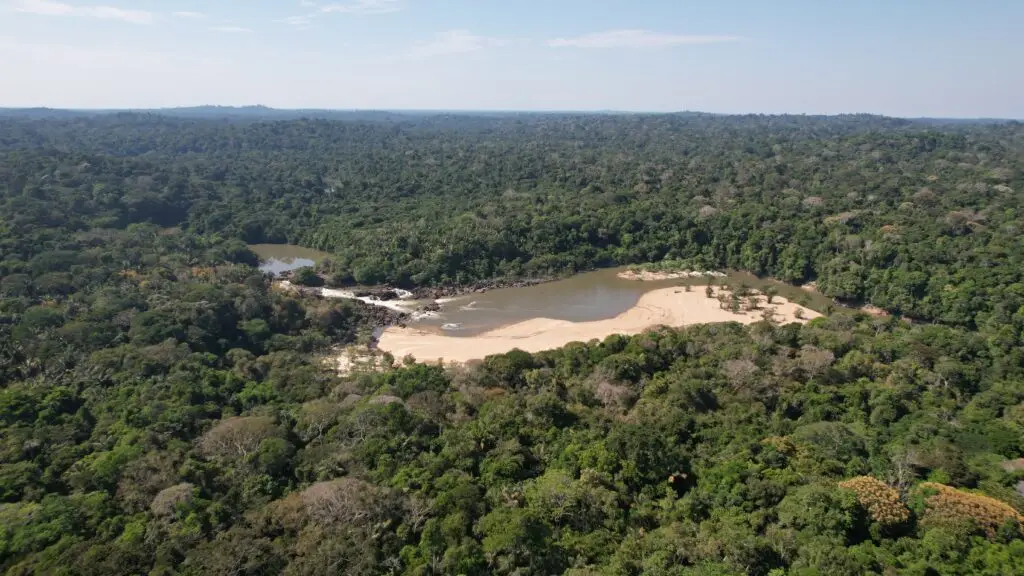Ordinance brings greater legal security to companies that offset their carbon emissions by investing in forest conservation and restoration.
On September 29, the Brazilian Federal Government created (Ordinance No. 518) the “Floresta+ CARBONO” or Forest+ CARBON program. This is a program that primarily aims to stimulate the voluntary carbon market and assure a more favorable business environment for forest conservation investments.

What does the program mean for the voluntary carbon market and for developers of forest carbon projects?
The program sends a strong signal that it is within Brazil’s interest to increase private investment in forest conservation and restoration. With the worsening of the fiscal crisis and the effect of the spending ceiling, it is unfeasible for the government (Federal and States) alone to provide the funds required to maintain activities to inhibit deforestation and pay for forest conservation.
In addition, it is emphasized that the voluntary carbon market and its agreements and transactions must be defined among the parties involved, that is, the project developers and purchasing companies have autonomy to negotiate carbon offsets, just as it currently happens all over the world in the voluntary carbon market.
Despite Brazil’s incomparable potential in the generation of carbon credits, the country ranks eighth in the world with only 5% of volume, behind countries such as India, Kenya, Peru and the USA (source: VCS and Gold Standard database).
Consequently, several environmental services such as carbon stocks, biodiversity conservation, pollination, climate regulation, fauna monitoring, water availability, nutrient cycling, fertility and reduction of soil erosion, among much others, will see their maintenance stimulated and increased. The program prepares the base for a fast advance in the processing of the Environmental Services Payment Law (currently under revision in Congress), as well as for the regulation of Article 41 of the Brazilian Forest Code.
What does the program mean for buyers and stakeholders of carbon offsets?
The new determinations enforce the definitions of Decree No. 10.144, which provide legal security to the forest carbon market, that is, the buyers of carbon offsets have the legal guarantee that the carbon offset acquired will cover and effectively offset its greenhouse gas effect (GHG) emissions through the voluntary carbon market.
In summary, carbon credits verified by organizations, such as Verra, which propose strict standards and mechanisms to assure the legitimacy and technical rigor of emission reductions, now receive a signal from the Brazilian Federal Government that “double counting” will be prevented and that credits will not be claimed by the Brazilian government for fulfilling its Nationally Determined Contribution (NDC) – issues that historically prevented greater investment in forest conservation and restoration in Brazil.
Rio Preto-Jacundá REDD+ Project gains prominence on Verra’s website.
The evolution cannot stop
The program entails larger progress, but the voluntary market is complex and is continuously being developed. There still is a ways to go and improvements to be implemented.
The program could have made larger advances and have proposed the construction of a national project registry, which, in another phase, will serve to facilitate proper credit accounting, among other measures and initiatives to reduce and remove carbon.
The importance of REDD+ Projects
REDD+ projects occur in areas under pressure of deforestation, contributing towards biodiversity conservation and promoting sustainable development within these regions.
With the clear increase of ESG (Environmental, Social, and Governance) investments, which value the best environmental, social and governance practices, REDD+ projects are a cost-effective solution for companies that want to neutralize carbon emissions, which could not be reduced or mitigated through internal processes.
Be a leader with a vision of the future.
Neutralize your company’s emissions using carbon credits generated by our REDD+ Projects.






